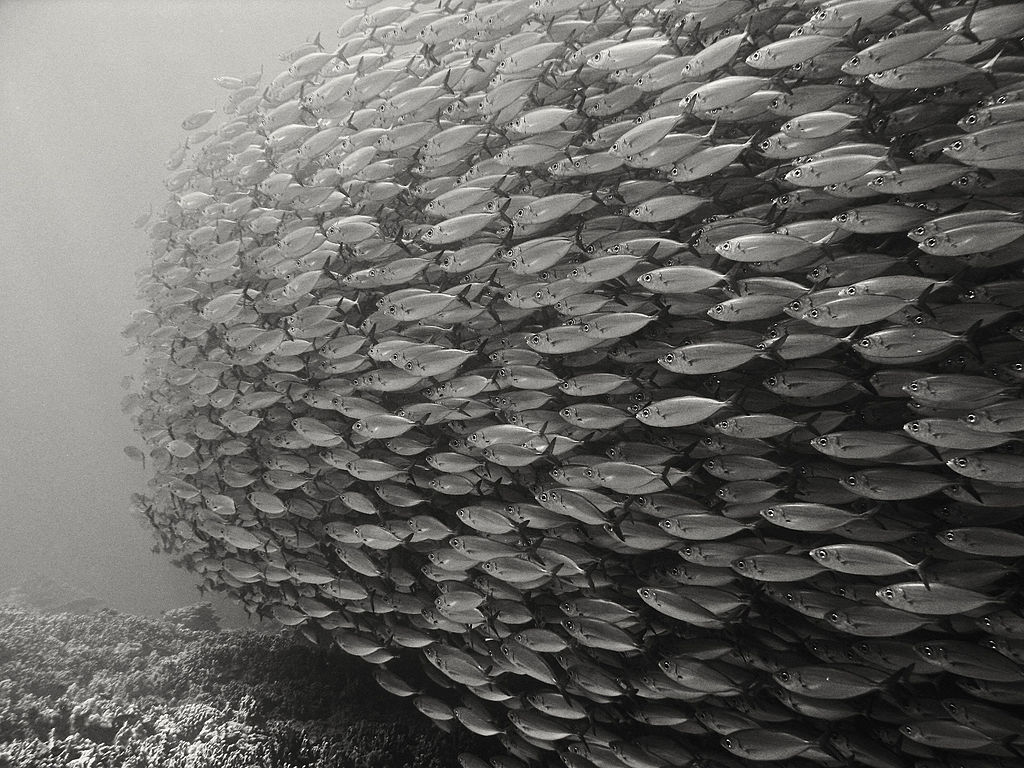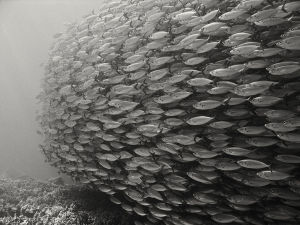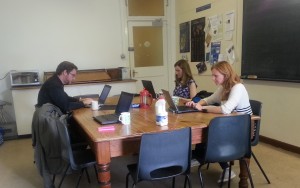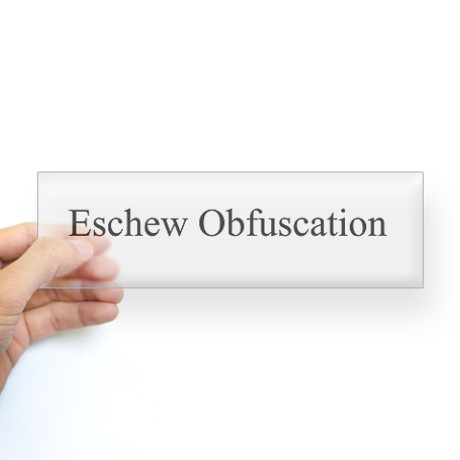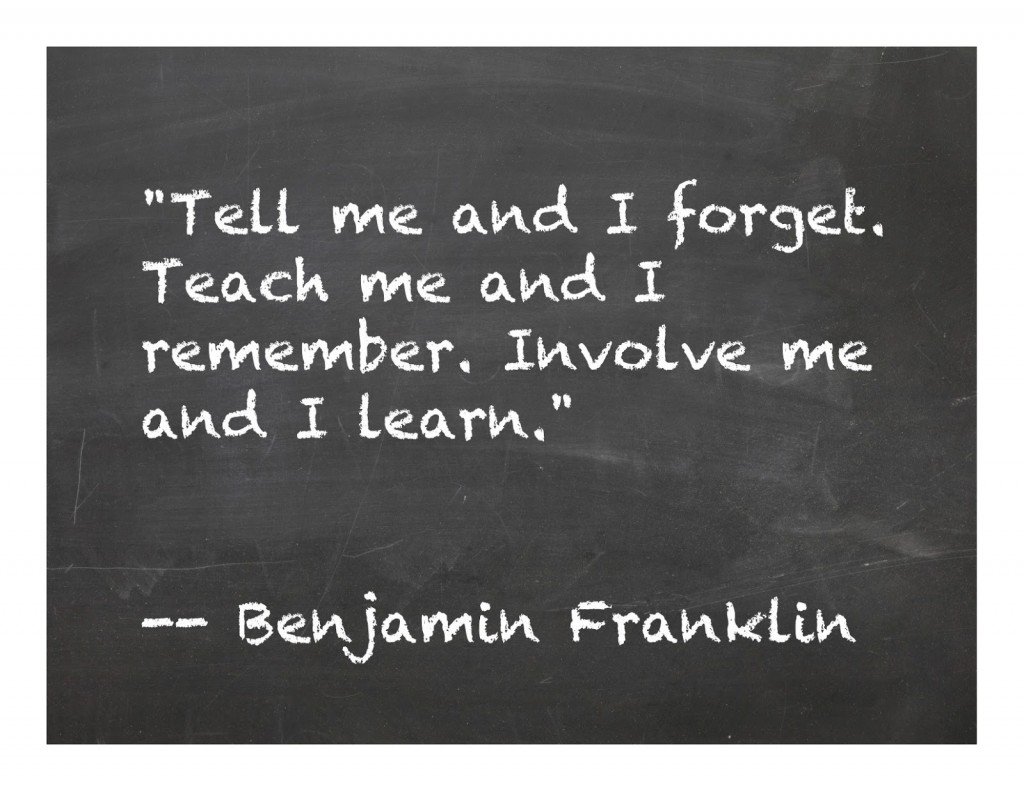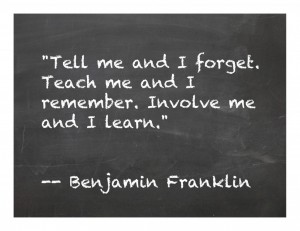Quite regularly you get emails that annoy you… often they are flippant emails, and sometimes from students. Harmless or probably naïve that they are, they do get up some peoples’ noses.
But every once in a while you get one that really gets your goat. Several months after some media coverage of a research paper from my group (as it happens one of my favourite papers I’ve been involved with of all time) I got a real gem of an email.
“Woah!!! Who the F*%K is this guy and why is a CEO of an internet security company sticking his nose into what at this stage is an old press release for a research paper?” was my first impression. This guy just doesn’t get it was what I settled on in the end… but here is what played out.
Turns out Luke Latham has published 4 research papers with a modelling angle. He seems to have a bee in his bonnet though. He also has a knack for writing a totally rude and irritating email that only incited me to reply mirroring his rudeness – a subtlety of irony apparently lost on him. I have posted all the emails, along with some pointers as to how he managed to stuff up a perfectly reasonable email in the first instance. In the end I ignored this for my own sanity, and only now got around to writing up this blog post without getting too annoyed. My advice on how not to write like a [insert derogatory word of your choice] is in italics.
The icing on the cake was that he wrote to one of my colleagues (not my line manager) and told them they shouldn’t give me tenure because I was rude! I just don’t think this guy does social interactions very well. Needless to say he was told that it was totally inappropriate for him to try to influence decisions like that, and in any case, the Irish system is not like the USA one, and as it happens, I am tenured!
——————————————————
On 8 September 2014 15:51, Luke Latham <luke@guardrex.com> wrote:
Subject: Major FAIL on one of your press releases [oh man.. before he has even begun this has annoyed me. “Major FAIL” is confrontational to say the least… I’m really hacked off already.]
Hello, [uh oh… the bad start continues… Dear Sirs/Madams/Prof/Andrew would have been better. This doesn’t bode well… ‘who is this dude’ I’m thinking]
Referring to: http://www.tcd.ie/Communications/news/pressreleases/pressRelease.php?headerID=2424&pressReleaseArchive=2012
The passage:
“Scientists have discovered proof that the evolution of intelligence and larger brain sizes can be driven by cooperation and teamwork, shedding new light on the origins of what it means to be human. ”
There is no such thing as “proof” in empirical science based on statistical models. Whomever wrote that summary of the research in your office is a scientific ignoramus. Scientists are not in the business of “proving” things. It is true that with an overwhelming amount of statistical and observational data, we lift a hypothesis to the level of calling it a “theory” and give it a special place as a scientific principle, but no single study can ever provide enough information to make a theory … and even theories are falsifiable in principle.
[Entirely correct about falsifiability of hypotheses.. but I stand by this statement…. “intelligence… can be driven by cooperation…” is the key finding… with emphasis on “can”. People have speculated for ages that it should drive it, and we showed, I think for the first time, that it can. Whether other selection pressures exist in place or tandem with this is beyond the scope of our paper. We did not say we proved that intelligence in humans was driven by cooperation, but that it could be. I see nothing at all wrong with this statement, no matter how pedantic one wants to get]
Next, you’re way, way off base claiming that this sheds new light on “what it means to be human.” The researchers’ 50 brain computer models that were run through a series of computer games (also vastly simplified over real-life interactions) were so simplistic and unlike real brains that its virtually impossible to draw any conclusions about such a correlation in real organisms. There is nothing wrong with computer simulation per se, as they can be quite helpful in research, but let’s put simulations in context: Simulations can point you in the direction of possible real-life biological relationships but never be used to draw firm conclusions about biological organisms. Simulations are just too vastly oversimplified to guarantee that the phenomenon under study will yield the same results when experiments are carried out on real organisms. Only empirical research on organisms themselves can be used to draw conclusions about organisms.
[I disagree, but I’m not getting into this here. This is a perfectly reasonable question, and one I would have been more than happy to engage with had Luke Latham, CEO not been such a jerk]
Educators (at least here in the US) have utterly failed to teach people what science is and how science works, and you jumped right on the bandwagon spreading misinformation. I think you should release a retraction on those statements in a new press release. In the future, I hope you will run your press releases that deal with scientific subjects past a REAL scientist before publication.
[I’m rather proud about how I, and my group communicate science to the discipline and to the wider public. We have a good track record of public engagement. This is just insulting, but again, I don’t think he gets it. He has also implied that we have “utterly failed” which is just inflammatory. And worst of all…. I was the “REAL scientist” that helped to write and ultimately signed off on that press release… so “[insert expletive of your choice here] you Luke Latham, CEO”]
Luke Latham, CEO
GuardRex Corporation
Cheyenne, Wyoming, USA
———————————————————————————-
So… in spite of my better judgement, I replied… and hastily… (though I don’t regret anything)
———————————————————————————-
Date: Mon, 8 Sep 2014 16:09:24 +0100
Subject: Re: Major FAIL on one of your press releases
From: a.jackson@tcd.ie
hello to you too [this was me being ironic and parodying his own choice of impersonal address… he didn’t get this… but maybe one can start to build up a picture about how this guy thinks and deals with people]
yeah, thanks for this. I feel enlightened. [ok… so straight up sarcasm]
maybe next time you could proof all our press releases? You seem to have a special grasp [of] things. [parodying his “In the future, I hope you will run your press releases that deal with scientific subjects past a REAL scientist before publication.”]
I think you should read things a bit more carefully and put some thought and maybe even a hint of decency and politeness into your missives. [this is me parodying his “I think you should release a retraction” bit, but again he seemed to miss this irony]
In the future, I hope you will stick to whatever it is you might be good at. [and a return to his “in the future I hope you will….”]
Andrew
———————————————————————————-
He replied. But also apparently wrote to a colleague behind my back in a vain (both narcissistic and pointless) attempt to have my tenure blocked… nice guy eh?
———————————————————————————-
| Subject: Major FAIL on one of your press releases |
Dr. Jackson,
My comments have nothing to do with the quality of your research or institution. I happen to be a great supporter of computer simulations of biological phenomenon (see http://www.bioone.org/doi/abs/10.1662/0002-7685%282008%2970%5B30%3ACARSFT%5D2.0.CO%3B2 ). My comments were directed to your Communications Office regarding their comments about your research … their inappropriate statements regarding “scientific proof” and the extrapolation of the results to “what it means to be human,” which you well know are inappropriate.
[well Luke… had you taken some time and being vaguely more polite you would have discovered that I wrote that press release with my co-authors, and signed off on it too. So actually your comments do have relevance to me and my research. Also… by your logic, you were not being a rude ass to me, but to my communications office? It’s not ok to write emails like this to anyone, and as it turns out, your ire was directed at me]
If your study drew conclusions on differences in simulated brains with a statistical model, then I doubt that your P-value was 0 (zero)! I don’t understand your hostility to my remarks. You should be just as upset as I am that non-technical, non-scientists constantly speak about scientists “proving” things, when that is utterly impossible and not really the point of advancing our knowledge of biological phenomena.
[he doesn’t get it. I seriously wonder about this guy’s social skills]
“Read things a bit more carefully”? What do you mean? … that was a direct quote from your institution’s press release. It is abhorrent to the process of science and to the education of a public that is scientifically illiterate (here in the US … I know things are much better in your country, where education is taken more seriously). As for “stick to whatever it is you might be good at,” I really don’t think that’s a fair remark given that you really didn’t explain how my original argument is false. In regard to “decency and politeness,” I don’t understand that attack either: I don’t make a single statement that can be taken as a personal attack on anyone. I’m talking about scientific incompetence … I’m sure the fellow or lady who wrote that press release is a perfectly nice person. My differences with the press release are professional … and respectful insofar as one can be when I see a daily misrepresentation of the process of science (here in the US, again, I know these matters are handled better in the UK).
[nope. Doesn’t get it. Also Luke… Ireland is not in the UK, we are a sovereign independent country. It really is difficult to endear oneself to this guy.]
I’m sorry that you are offended by my concerns, but we’re losing the battle over here in the US. The press release was taken out of context by a popular blog writer here and used to inappropriately support his arguments about cooperation in business organizations. We really don’t need scientific results misused in this way. I’m just attempting to call attention to a serious general problem in the dissemination of scientific information. If you don’t want to take the matter up with your Communications Office, if you feel their statements were perfectly acceptable, then just forget the matter. But if you do, then don’t cringe the next time someone says that evolution is “only a theory” or that climate change is not a heavily man-made/man-caused problem.
[I think I finally see where he is coming from. He has a bee in his bonnet about how science is treated by some corners of the media. You can’t get bent out of shape with the free press for how they report on findings. Some will be better than others, and some will mis-quote. But having a free press is better than trying to impose control over them. We could have had a civil discussion, but Luke Latham, CEO stuffed it up from the very first subject line. Sorry Luke, im not going to engage with you.]
Luke
———————————————————————————-
There you go. This whole thing really annoyed me and had me seething for days. Nice to be able to right this up now without feeling my blood boiling though.
Author: Andrew Jackson @yodacomplex
http://www.tcd.ie/Zoology/research/research/theoretical/andrewjackson.php
Photo credit: http://mrmen.wikia.com/wiki/Mr._Rude



